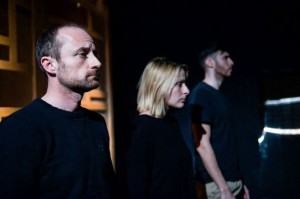
 (4 / 5)
(4 / 5)
Take four actors, three chairs, three sets of neon lights, and one stage, and what do you get? Two new plays conceived for the 2018 National Eisteddfod now touring the country with Theatr Genedlaethol Cymru (TGC). Both Merched Caerdydd and Nos Sadwrn o Hyd are making their way from North to South, beginning in Mold and ending where they are set – in Cardiff. And thanks to TGC’s Sibrwd app, it could be said that these are the most accessible Welsh-language plays yet.
The Sibrwd app is a simple concept, designed to guide non-Welsh speakers and Welsh learners through the performance. Until now, it has provided audio synopses during plays, to help those not fluent in the language understand the gist of the narrative being played out on stage. When I arrive for this tour however, the app has undergone a significant change. For the first time, TGC, and the app’s operator Chris Harris, are providing audiences with a full translation of the dialogue. Think surtitles at the opera but on your phone. Ingenious you might think. And to some extent it works. But I’m not entirely convinced.

The main problem that I encountered was being drawn away from the action on stage in order to understand some of the dialogue being spoken. As a Welsh learner whose proficiency level floats somewhere between Intermediate and Advanced, this wasn’t as much of a problem as it could have been. I was able to grasp a general understanding of the narrative and the characters’ stories without needing to refer to the app too much. However, if I wanted to understand a particular word or phrase, it became difficult not to disengage from the play in order to seek out the translation amongst the bulk of text being shown on my screen. In one sense, I can see how this would suit a non-Welsh speaker or beginner better – they could easily follow along and not miss a trick. The transitions between each piece of dialogue on the app flowed seamlessly. The problem is that they would then be likely to miss out on one of the primary thrills of theatre: live performance. It is as much about the action on stage as it is about the dialogue being spoken. What both Merched Caerdydd and Nos Sadwrn o Hyd have are strong, powerful and engaging performances by a hugely talented cast. They bring such immersive and intimate details to their characters through their physicality and movement as well as their emotion and vocals. But this could be missed if one is concentrating too much on reading in English what is being said ‘yn Gymraeg’.
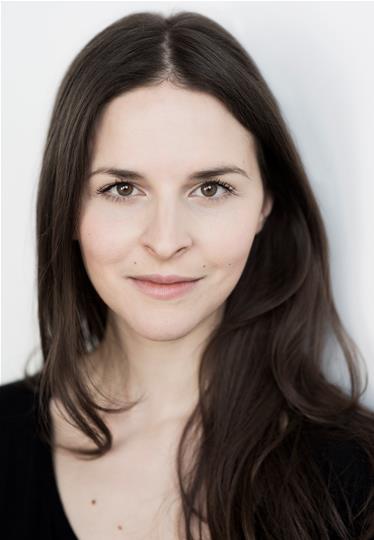
Gwenllian Higginson 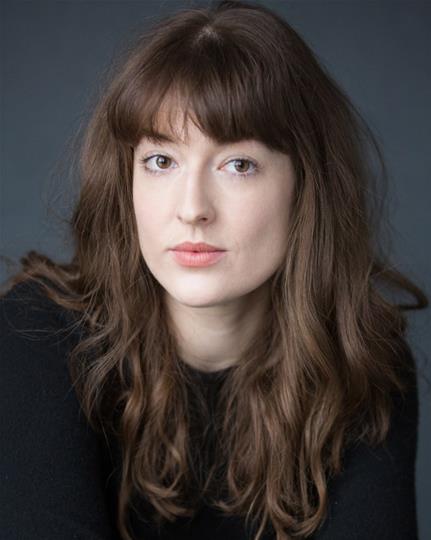
Hanna Jarman 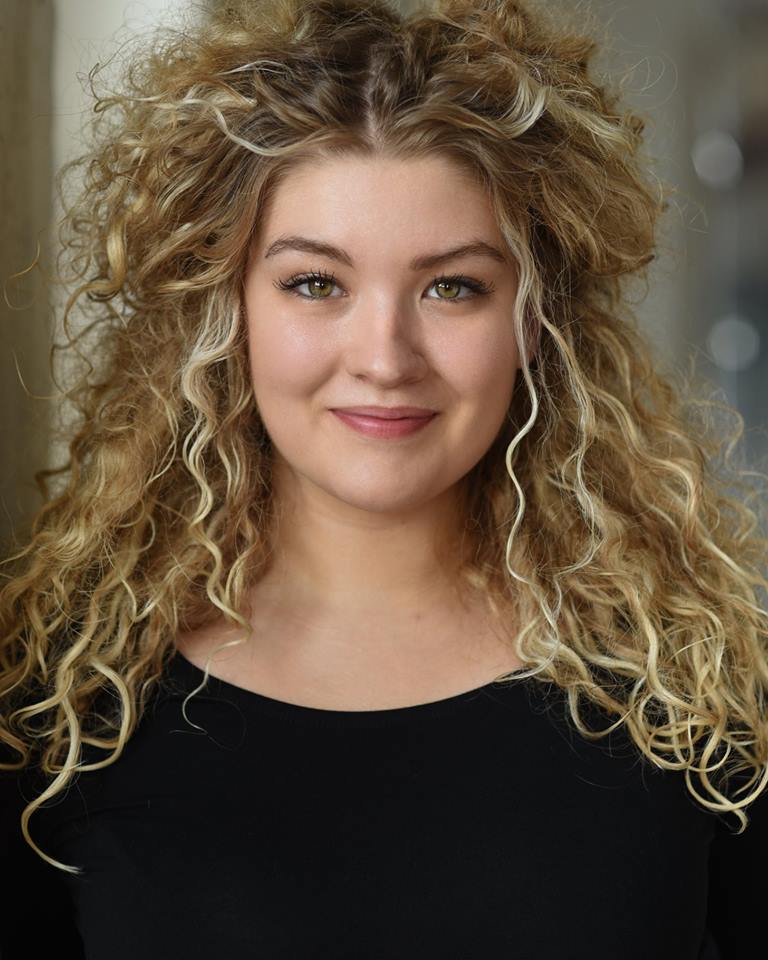
Emmy Stonelake
This balance between the aural and the visual is a tricky one to maintain when one of those requires translation. The more translation needed, the harder it becomes to maintain a kind of equilibrium. Without prior experience of the app in its audio descriptive form, I cannot say with any confidence which style is better to enable non-speaking and/or learning audiences to engage most fully in Welsh-language theatre. I suspect that from my own position, an audio option would be preferable (particularly if it offers a synopsis, rather than the whole script). I could then maintain my focus on the stage rather than being drawn down to look at my screen. The main benefit to this, in my opinion, would be that you remain engaged in the production as a whole. To be so engrossed in the stories being told by writers Catrin Dafydd (Merched Caerdydd) and Roger Williams (Nos Sadwrn o Hyd) respectively is to be made more open to being challenged and moved by their messages; more vulnerable to empathy and emotion.
Both Merched Caerdydd and Nos Sadwrn o Hyd are fascinating pieces of theatre. Whilst the former focuses on three women and the significant choices that they have to make at an important juncture in their lives, the latter concentrates its attention on Lee, a gay man whose blossoming relationship is disturbed by an act of violence that threatens his life. Performed as a series of monologues (interweaving in the case of Merched Caerdydd), the simple set and subtle use of lighting and sound help plunge the audience into the increasingly messy and fraught situations of the characters’ lives. We cannot help but become entangled in their relational quandaries and bodily vulnerabilities. The sharp focus of Merched Caerdydd on sex, love and relationships feels very relevant, particularly with its themes of control and power. Meanwhile, the mixture of humour and heartbreak, sweetness and violence found in Nos Sadwrn o Hyd, portrayed so eloquently by Sion Ifans, makes for a fraught and funny hour. It cannot be underestimated how important, how needed – these stories are.
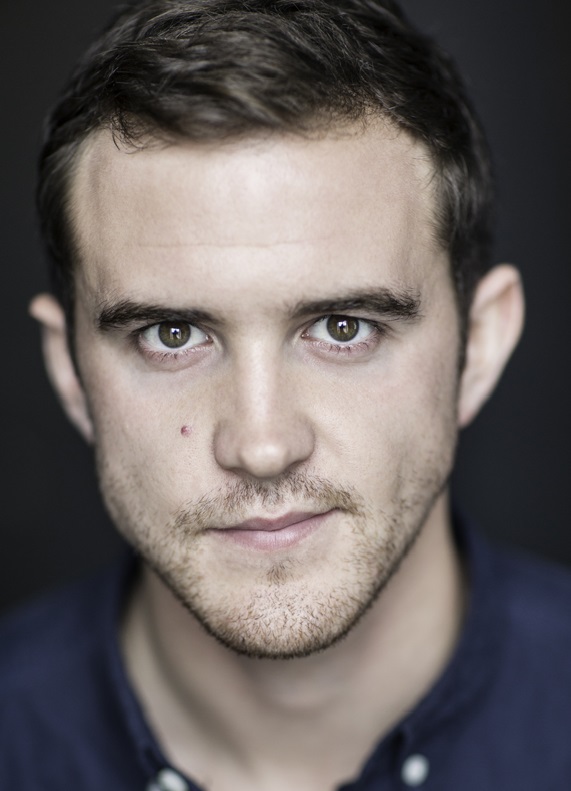
Despite them being unrelated, both Dafydd’ and Williams’ plays seem to complement one another well. They are but a small snapshot of the strength and depth of talent coming through in Welsh-language playwriting. I find it interesting that both feel somehow connected to their own language and place – the feeling that these would not have come out of, or would at least have been conceived differently in, an Anglicised context. To give non-Welsh speakers and learners the opportunity to access and engage with these worlds through the Sibrwd app then feels important. In its current form, Sibrwd enables that to an extent. What is exciting about the app is that it remains in the relatively early stages of its development. Theatr Genedlaethol Cymru should be commended for testing and experimenting with live audiences and being genuinely open to their feedback. Give it time, and give it chance, and I think that this app will become a significant tool, not least in opening up Welsh-language plays to a wider and broader audience. That can only be a good thing for plays like Merched Caerdydd and Nos Sadwrn o Hyd. For these are stories that need to be told, and experienced by as many people as possible.
For more info and tickets, click here.



